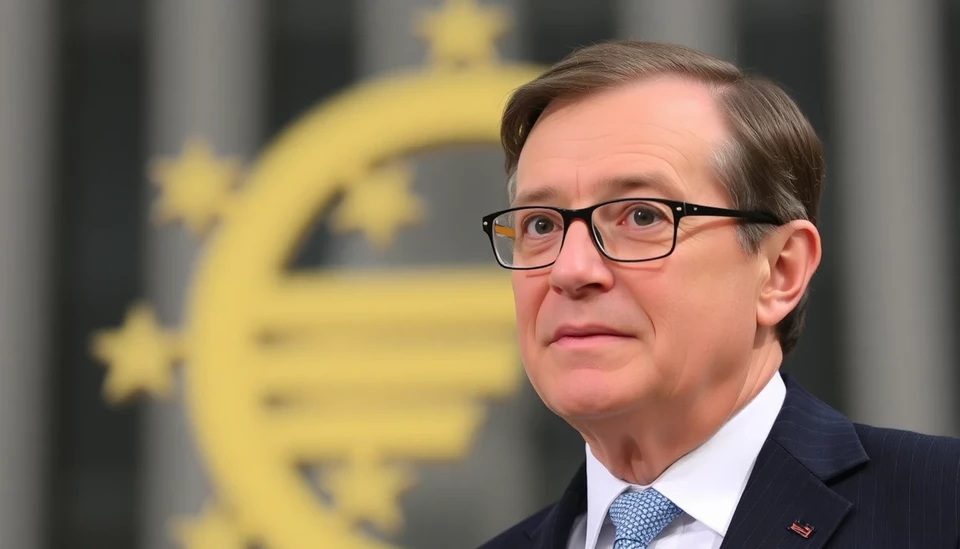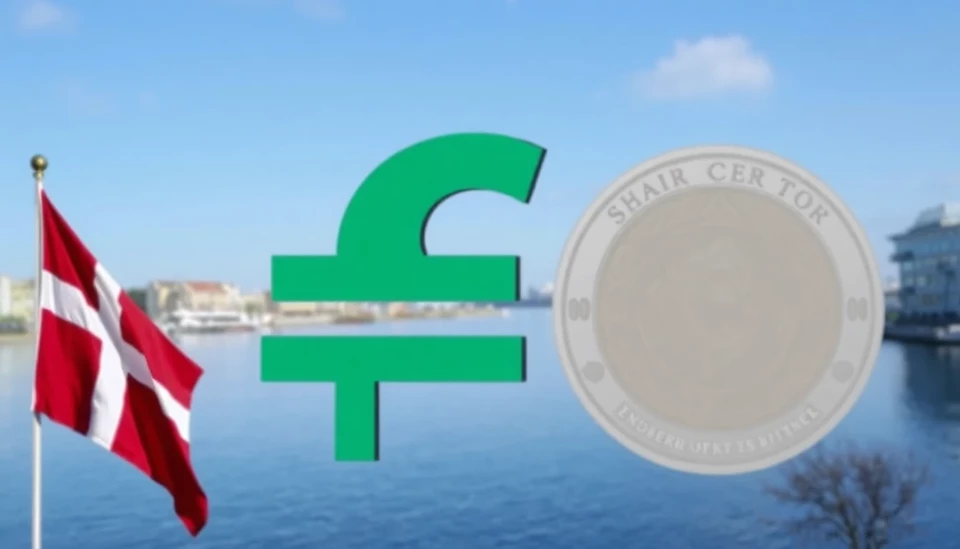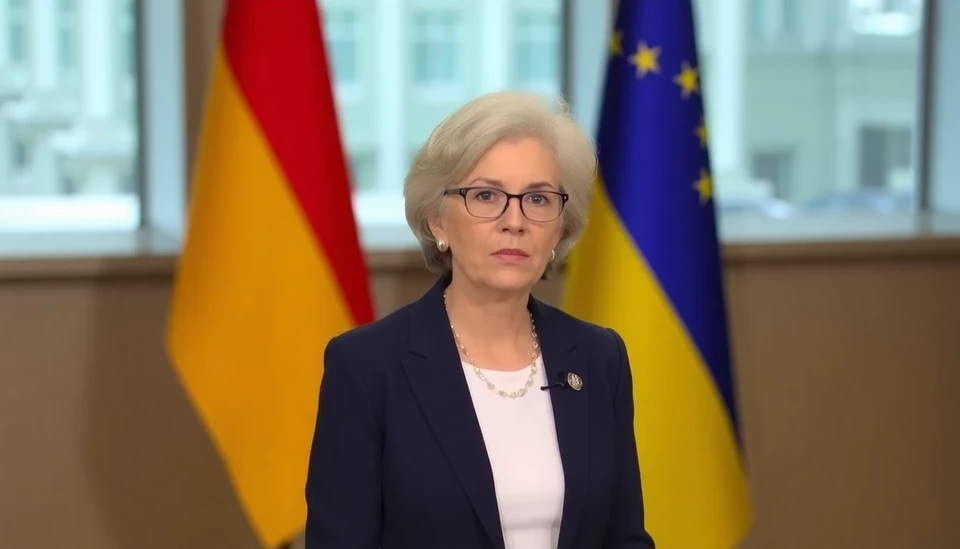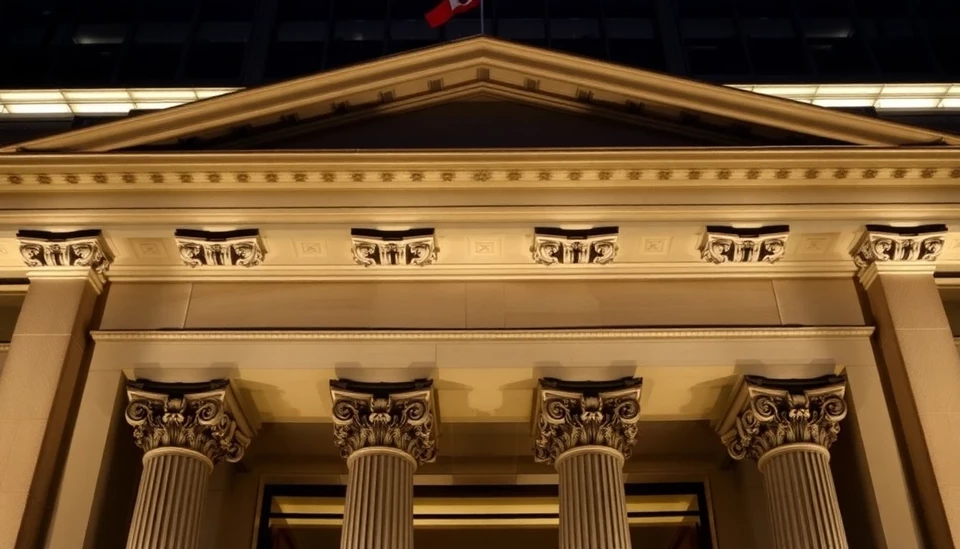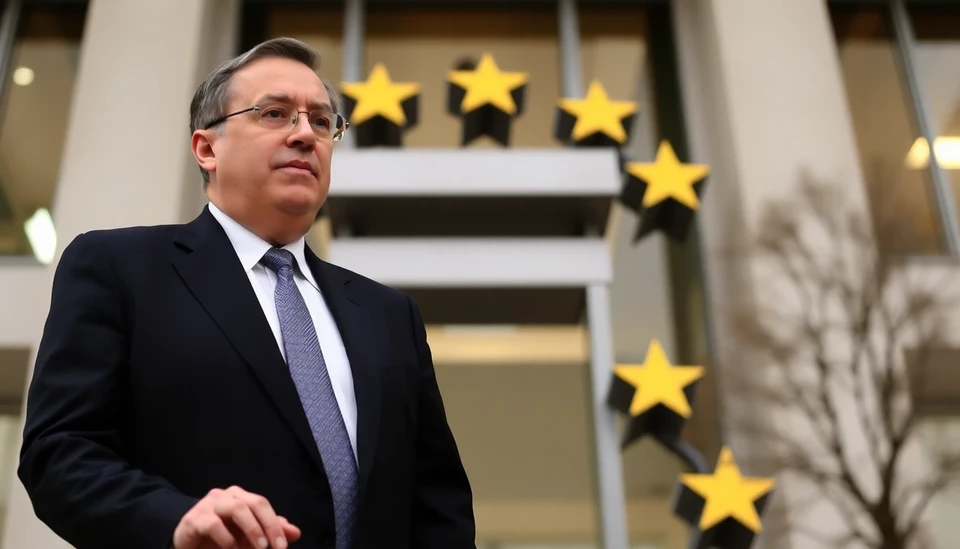
Fabio Panetta, a key member of the European Central Bank (ECB), has expressed significant concerns regarding ongoing low inflation levels across the Eurozone. In a recent address, he outlined that the current low rate of inflation poses substantial risks to economic stability, and highlighted the necessity for potential further reductions in interest rates to counteract this trend. This statement from Panetta arrives at a critical juncture for the ECB, as it navigates through the complexities of a stale economic environment that some economists believe may require aggressive monetary measures to stimulate growth.
Panetta emphasized that despite some recovery signs, the central bank's target inflation rate remains elusive, underscoring the challenges that persistent low inflation presents. He articulated that the inflation trajectory is crucial for the overall economic health of the Eurozone, indicating that failure to converge toward the ECB's target could derail the region’s recovery. The ECB has been contending with the dual challenges of sluggish price growth and an uncertain economic landscape, requiring deft management of its monetary policy tools.
In light of these concerns, Panetta pointed out that additional rate cuts might become a necessary tool for the ECB if inflation continues to fall short of expectations. Analysts and economists alike are reacting to this pronouncement, interpreting it as a signal that the central bank might adopt a more aggressive stance if inflation does not improve. Such a strategy would align with the ECB's objective of fostering a stable inflation environment conducive to sustainable economic growth across the Eurozone.
Moreover, Panetta’s comments underline a broader apprehension within the ECB about the implications of sustained low inflation, which could hinder consumer spending and investment. This predicament also dovetails with global economic uncertainties, including geopolitical tensions and fluctuating energy prices, complicating the ECB’s policy decisions. Stakeholders are keenly observing the central bank’s forthcoming meetings, where further indications of its monetary policy direction will be crucial.
The potential for more rate cuts signifies a shift in the ECB's approach. Should the central bank decide to pursue this path, it would reflect an acknowledgment of the current economic conditions and a commitment to addressing low inflation robustly. Market reactions to these statements have already led to speculation regarding future ECB policy adjustments, and investors are bracing for potential shifts in interest rates in the months ahead.
Looking ahead, it is clear that Panetta’s warning serves as a crucial reminder of the intricacies inherent in maintaining economic stability within the Eurozone. As the ECB continues to evaluate its response to low inflation, the implications of its decisions will be felt not only within Europe but also globally, given the interconnected nature of economies today.
As discussions surrounding monetary policy evolve, it remains imperative for not just policymakers but also for businesses and consumers within the Eurozone to stay informed about the potential changing landscape. The collective effort to achieve a healthy inflation rate will require vigilance and proactive strategies moving forward.
In conclusion, the ECB, guided by the insights from Panetta, may be poised to make significant moves aimed at bolstering the Eurozone economy, and keenly watching inflation trends will be essential in determining the effectiveness of these policies.
#ECB #Panetta #Inflation #InterestRates #Eurozone #EconomicStability
Author: Laura Mitchell
